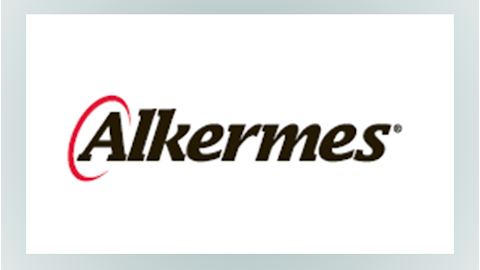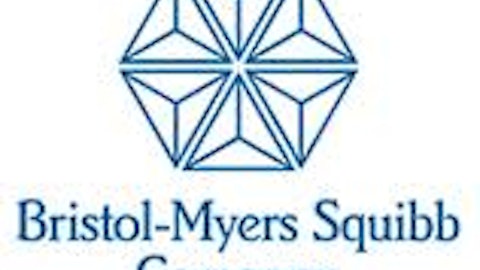Lilly’s drug, which could generate $1 billion in annual sales is approved, could face competition from two other treatments that target the EGFR: AstraZeneca and Teva‘s Iressa and Roche’s Tarceva, which are both approved to treat a variety of cancers.
Other applications for monoclonal antibodies
Monoclonal antibodies are frequently associated with oncology treatments, but other applications have also been researched and developed.
Pfizer, Johnson & Johnson (NYSE:JNJ), and Elan attempted to use a monoclonal antibody, known as bapineuzumab, to treat Alzheimer’s disease. Bapineuzumab was designed to bind directly to beta amyloids, also known as “brain plaques,” which are thought to be the cause of Alzheimer’s disease. Unfortunately, trials were discontinued after the treatment was ineffective at treating mild to moderate cases.
Bapineuzumab’s failure was a major disappointment for Johnson & Johnson (NYSE:JNJ), which made history in 1986 by releasing the first approved monoclonal antibody treatment, Orthoclone OKT3, in 1986. Today, Johnson & Johnson’s leading monoclonal antibody treatment is Remicade, an arthritis treatment that generated $6.1 billion in 2012 sales.
Lastly, no discussion about monoclonal antibodies would be complete without mentioning AbbVie‘s Humira, the best-selling monoclonal antibody drug in 2012 with $9.3 billion in sales last year. Like Remicade, Humira is an arthritis medication that inhibits the response of the TNF inhibitor to halt the tumor necrosis factor, an inflammatory response that also causes Crohn’s disease, psoriasis and asthma.
However, Johnson & Johnson and AbbVie both face a major patent cliff, with Remicade’s patent expiring in 2015 and Humira’s running out in 2016. AbbVie, with its less diversified portfolio after being spun off of Abbott Laboratories last year, has much more to lose than J&J, but its new hepatitis-C treatment, which is currently in phase 3 trials, could be approved before Humira’s patent expires.
A Foolish final thought
In the biotech world, monoclonal antibodies open the doors to a brave new world of revolutionary treatments. By blocking cancer growth signals, inhibiting their ability to attract new blood vessels, or by injecting them with toxins more potent than chemotherapy, these versatile laboratory-made molecules are increasing the chances of survival among cancer patients.
The success of these treatments could render painful chemotherapy obsolete and possibly lead to a cure for cancer, which makes understanding how they work required research for serious biotech investors.
The article Understanding the Massive Market Potential of Monoclonal Antibodies originally appeared on Fool.com and is written by Leo Sun.
Leo Sun has no position in any stocks mentioned. The Motley Fool recommends Johnson & Johnson. The Motley Fool owns shares of Johnson & Johnson.
Copyright © 1995 – 2013 The Motley Fool, LLC. All rights reserved. The Motley Fool has a disclosure policy.





